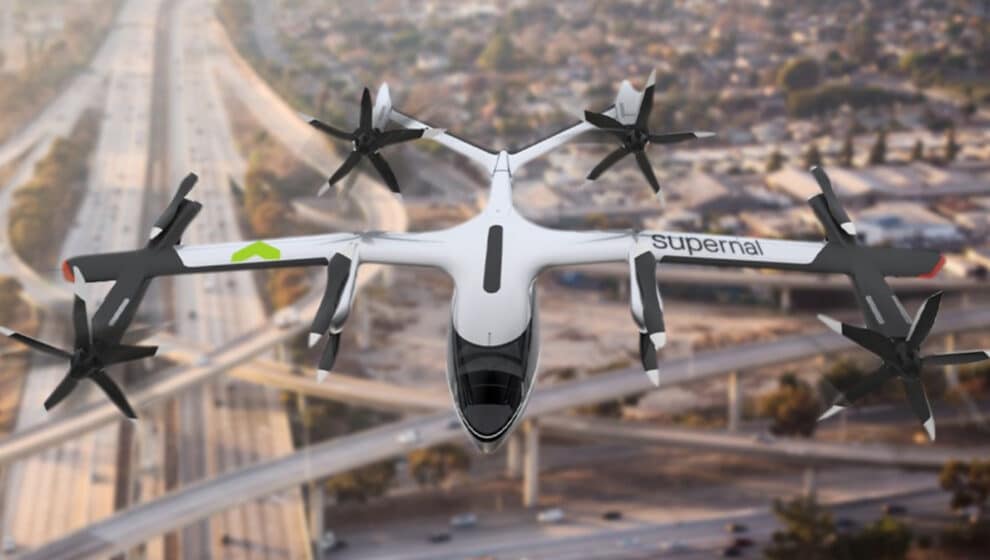While flying cars are still in the test phase, new battery technology is getting them closer to mainstream reality.
Air mobility company Supernal and Electric Power Systems Inc. announced a partnership to develop and produce safe, light-weight electric vertical take-off and landing (eVTOL) vehicle batteries. The two companies say they have joined forces to create next-level batteries for flying vehicles.
Flying cars exist, but are found mainly at testing centers and air shows. Once operational for the public in a few years, eVTOL vehicles will shuttle passengers on short trips within cities or between nearby cities.
For example, taking off from a rooftop airport in London, an eVTOL will be able to fly passengers to Heathrow Airport in 15 minutes, compared with the current hour-plus trip via car. Similarly, going the 24 miles from Anaheim, California, to Los Angeles could happen in 25 minutes versus more than an hour by car.
This new battery innovation will help get that closer to reality. The goal of the partnership is to expedite commercial eVTOL vehicle flights and support improvements to vehicle performances as the advanced air mobility (AAM) market develops.
The advanced air mobility company Supernal is part of Hyundai Motor Group. It plans to work within an “open ecosystem” model that will address the specific technology needs of AAM as well as continuing to grow its network of battery talent to make improvements that will lead to more affordable eVTOL flights.
“Advanced Air Mobility requires an expansive value chain. Many aspects—from battery power to digital infrastructure and passenger experience—require improvements and cross-chain integration to enable progress,” says Supernal CEO Jaiwon Shin, who is also president of Hyundai.
EP Systems provide safe, reliable, low-cost, high-power energy storage systems and powertrains for aerospace vehicles. It focuses on making high-power batteries in a lightweight package.
Earlier this week, Supernal revealed its first eVTOL vehicle cabin concept at Farnborough International Airshow in England. Supernal is working to certify the vehicle for commercial use in the United States starting in 2028—and in the EU and U.K. shortly after.
Most things about the flying car concept sound good in theory, but there are obstacles that have to be overcome before it becomes a reality.
Senior aviation consultant Mihir Rimjha wrote in The Wall Street Journal that building out networks of rooftop vertiports on buildings and parking decks will be critical for making flying taxi services and even privately owned flying cars a viable means of transportation. As of now, planning for such vertiports is in the early stages.
Other issues would be getting the vehicles integrated into existing air-traffic control systems and establishing protocols for what to do in severe weather conditions.

